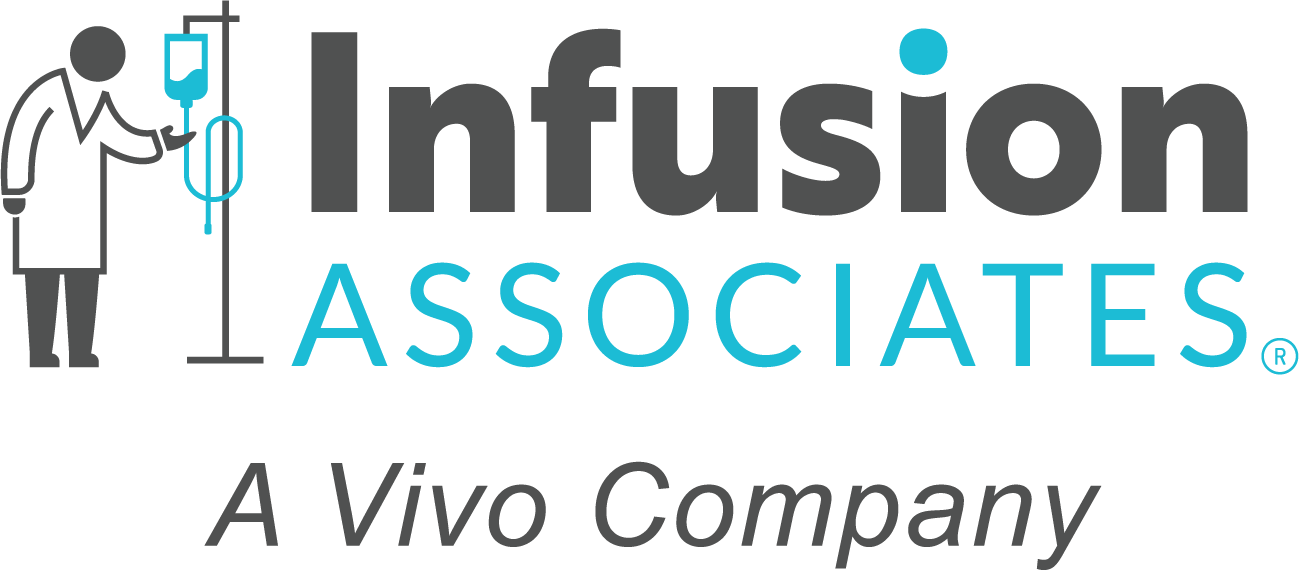There are many factors that could contribute to itchy skin — allergic reactions, insect bites, or dryness. And, that dry feeling is often exacerbated by age. However, it could also be a sign of an underlying medical condition that causes skin inflammation, such as psoriasis.
Biological therapy can help relieve symptoms of psoriasis by suppressing the part of the immune system that causes this inflammation. It can also attack proteins that promote the growth of abnormal cells — which is a root cause of the condition.
What is Psoriasis?
Psoriasis is a chronic autoimmune disorder that results in redness, inflammation, and the appearance of scales on your skin. These patches appear most commonly on elbows, knees, face, scalp, and feet. The condition cycles through flareups and remission. When the condition is severe, it causes swollen, dry, cracked, itchy skin. Flareups could be triggered by a lot of different factors, including stress, infections, sunburn, or even the weather.
There are several types of psoriasis — guttate, pustular, erythrodermic, inverse, and plaque. The most common one is plaque psoriasis, affecting approximately 80% of individuals with the condition. It’s also possible to develop psoriatic arthritis (PsA), which causes inflammation of the tendons and ligaments, resulting in painful, stiff joints. While there is no cure for psoriasis, proper treatment can offer relief from symptoms and prevent the progression of the disease. Some of these symptoms include:
- Swollen and stiff joints
- Red patches of skin covered in scales
- Dry, cracked skin
- Itching or burning
- Bleeding
What is Biological Treatment?
Biological therapy stimulates your immune system by targeting the parts of the system that are triggering inflammation. It may create proteins that regulate such inflammation or it may attack other proteins that promote the growth of abnormal cells. Specific infusion medications used for this type of therapy include:
Benefits of Biological Treatment for Psoriasis
Traditional treatment for psoriasis include creams, corticosteroids, and other types of oral medications. While these work well for people with mild psoriasis, they aren’t the most effective forms of treatment for individuals with moderate to severe flareups. Additional benefits of biological treatment include:
- Faster relief
- Fewer doses
- Fewer side effects
- Providing an alternative for patients for whom oral medications don’t mix well with other drugs they have to take
Side Effects of Biological Treatment
As with any prescription medication, biological therapy has a risk of side effects. These may vary from person to person and range from relatively mild to severe. The most common ones include:
- Fever
- Chills
- Nausea
- Vomiting
- Fatigue
- Loss of appetite
- Muscle aches
- Low blood pressure
- Swelling at the site where the IV was inserted
What to Expect
At Infusion Associates, we understand that receiving treatment that works helps significantly improve your quality of life. In addition, our support team makes the process easy and comfortable. When you first visit our facilities, you will meet with one of our healthcare professionals who will explain all the details of your treatment — such as information regarding dosage, length of each infusion therapy, and the likelihood of side effects. You can also take this time to ask questions and address any concerns you may have.
If you’d prefer a private room, you may request one. This is part of our commitment to prioritizing your comfort. You’ll also notice additional amenities to make you feel at home — including blankets, WiFi, television, water, tea, or coffee. You are also welcome to bring your own snacks and beverages. In addition, one of our nurses will monitor your infusions to ensure that everything goes smoothly.
If you would like to refer a patient to us or want to inquire about the treatments we offer, you can contact us by calling us at (616) 954-0600 or filling out this form.
